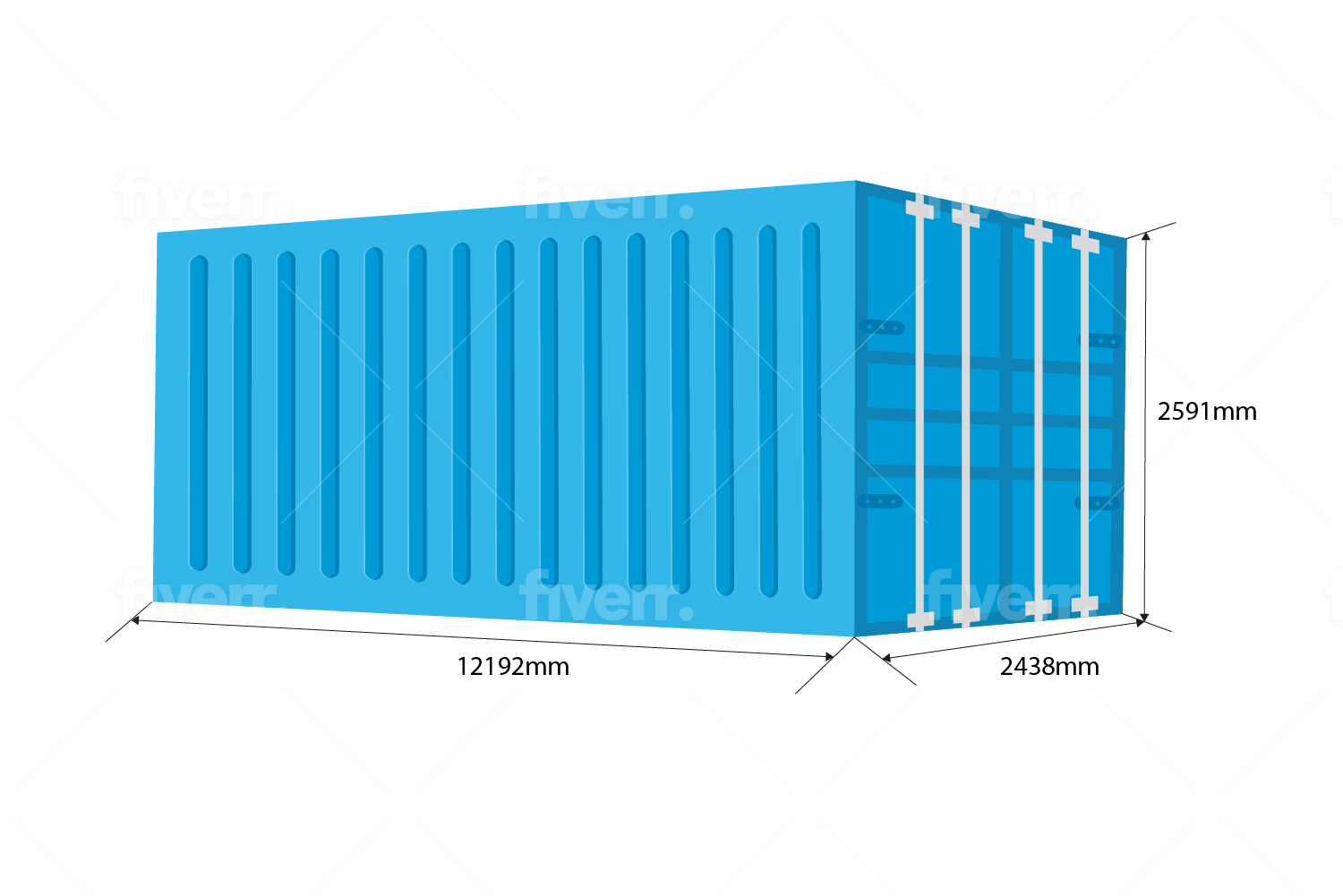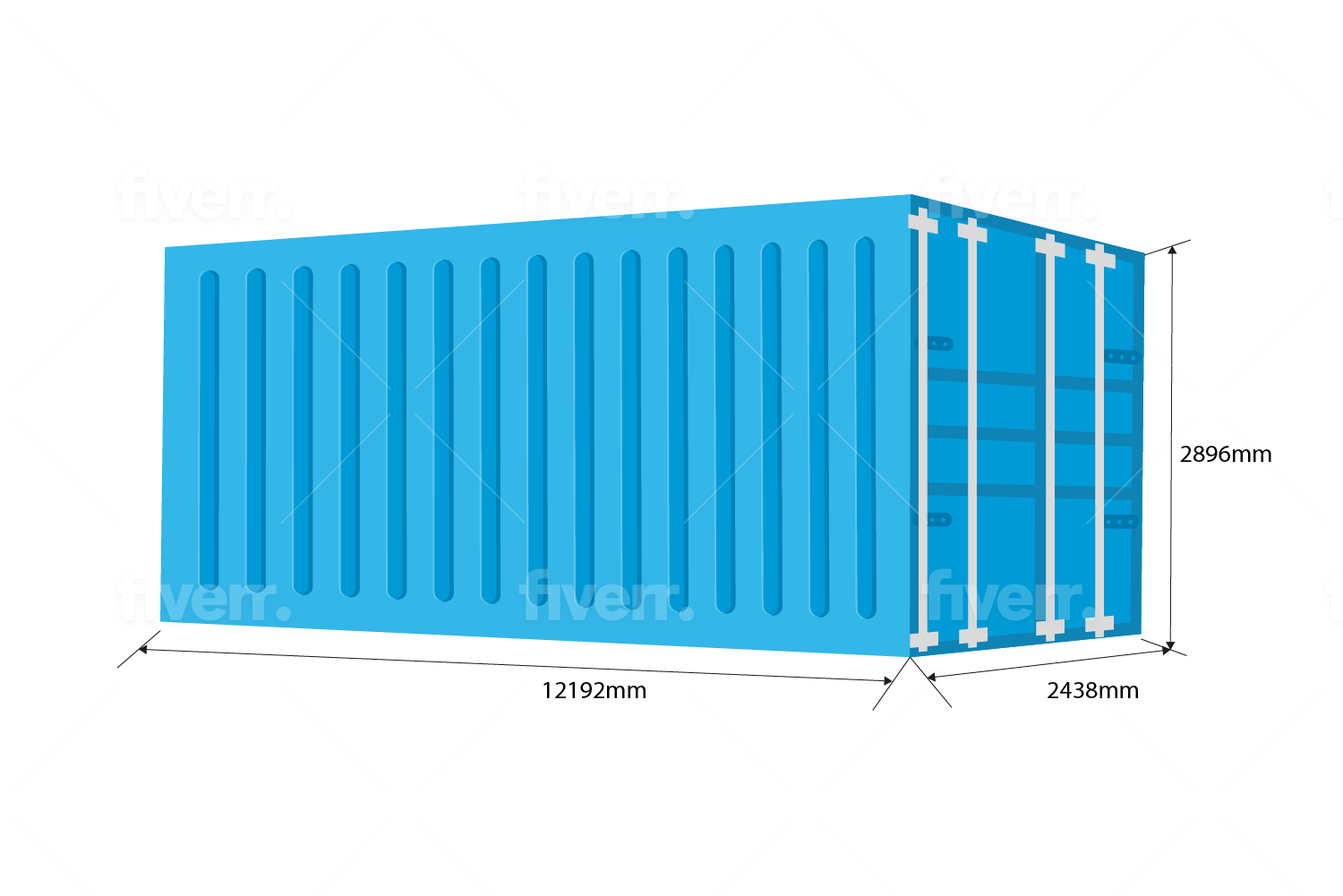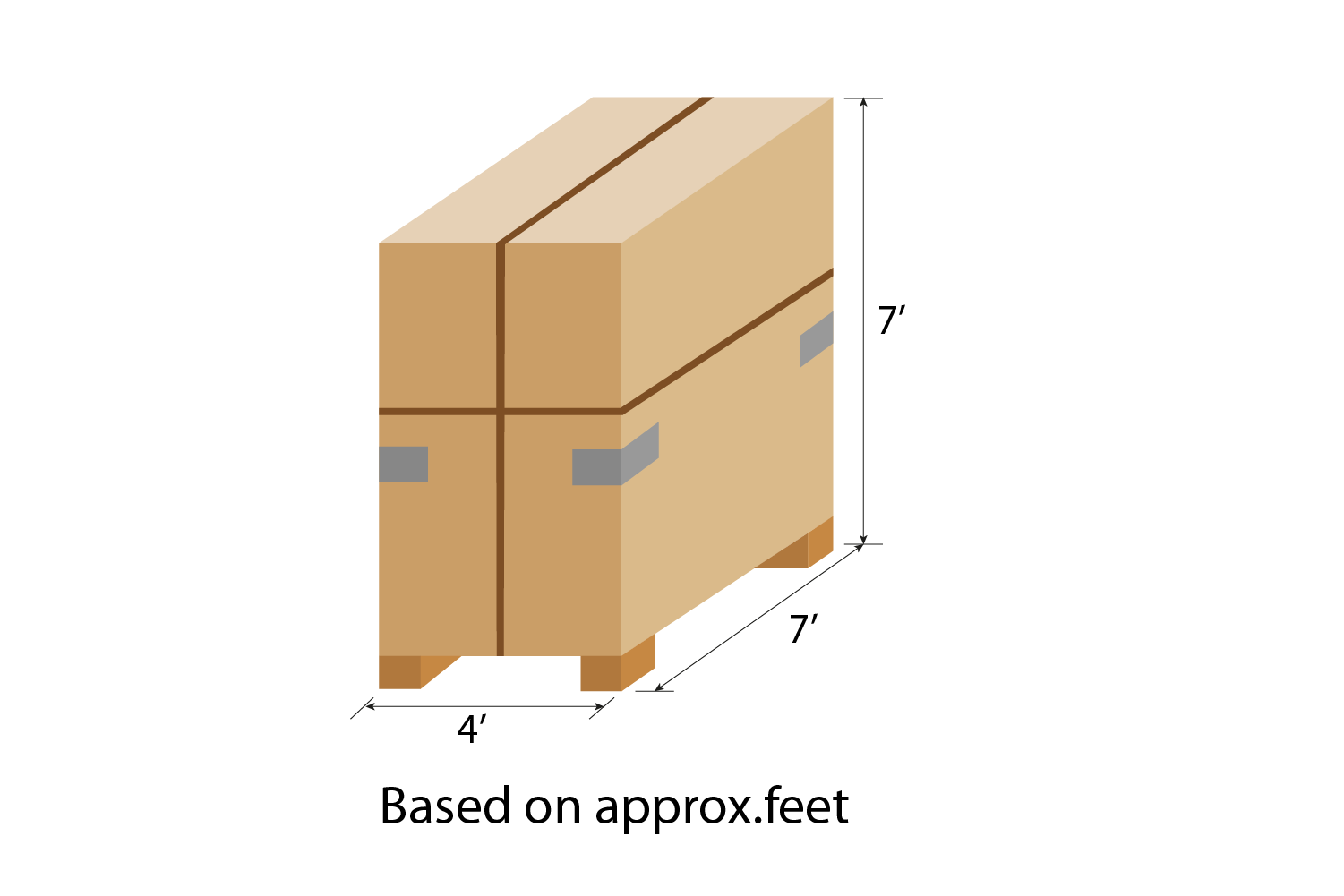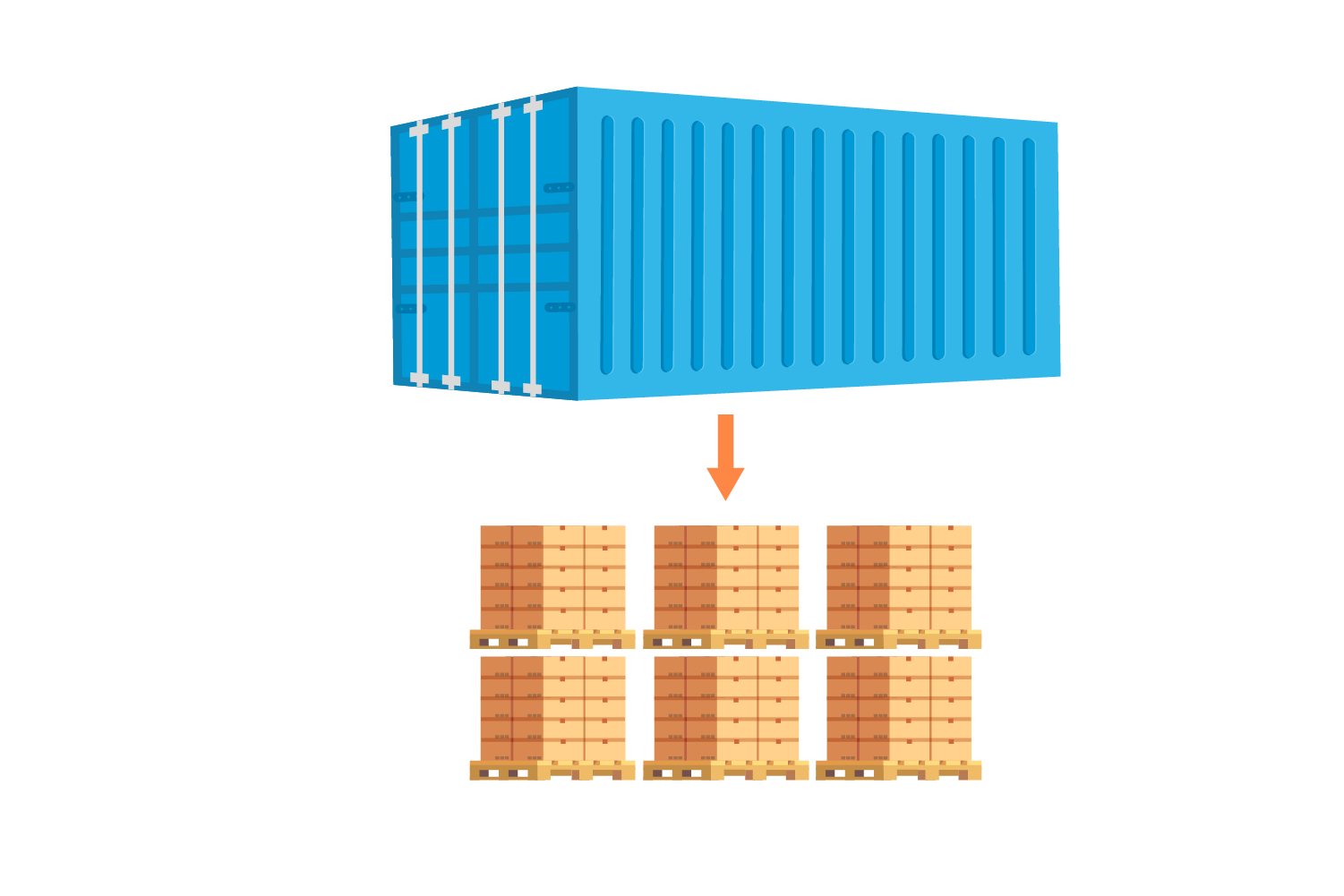Ocean Freight Service
What is Ocean Freight?
What is Ocean Freight?
Ocean Freight is the most popular option for shipping goods internationally. There are various options available for transportation.
FCL (Full Container Load)
FCL is a shipping method where a container is rented out in its entirety. It is a cost-effective option for shipping goods when there is a large amount of cargo, such as in the case of a household goods move. FCL is more cost-effective than LCL if you’re shipping more than 600ft³. We offer FCL shipments in 20’ container, 40’ container, or 45’ Containers.



LCL (Less Than Container Load)
LCL is a method of shipping small quantities of goods that do not fill an entire container. Multiple shippers’ goods are consolidated in a single container. LCL is a cost-effective option for shipping small volumes of goods overseas. In this case, household goods are shipped using wooden boxes called Liftvans or Vanpacks. These goods are transported in a shipping container along with other cargo, but the customer’s household goods always remain separate from others.


Benefits and Drawbacks of Ocean Freight
Benefits
Cost-effectiveness: Ocean freight is cheaper than other options. To keep costs down, please consider various factors to determine whether FCL or LCL is better.
Suitable for bulky items: Ocean freight is ideal for bulky items.
Drawbacks
Long transit time: Ocean freight takes much longer than air freight.
Unpredictable external factors: Ocean freight is susceptible to external factors such as adverse weather conditions, customs delays, and port congestion. This may add a few days or even weeks to the delivery time.
FCL vs LCL
Here, we will determine which option is best suited to your needs.
Cost and Volume
FCL is highly suitable for cargo exceeding 15 CBM. This is because you pay a fixed rate per container.
On the other hand, LCL is ideal for cargo of around 1 CBM or less, or at least less than 15 CBM.
Therefore, it is recommended to use FCL for cargo exceeding 15 CBM and LCL for cargo below that threshold.
Speed
LCL takes longer to arrive than FCL shipments. This is because the goods need additional days to be consolidated with other shippers’ cargo. This includes the time required for consolidation and deconsolidation of the goods at each port. Shipments also need to wait for other goods going to the same destination before departing the port. In contrast, FCL shipments take much less time since the entire container is dedicated to one cargo load and is delivered directly.


